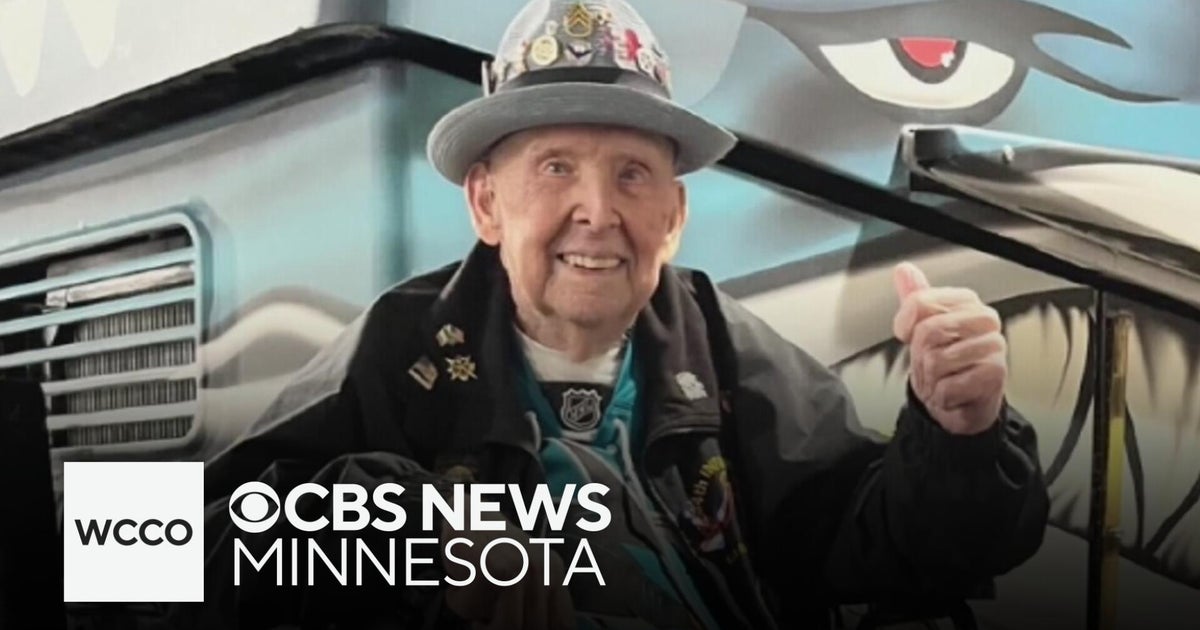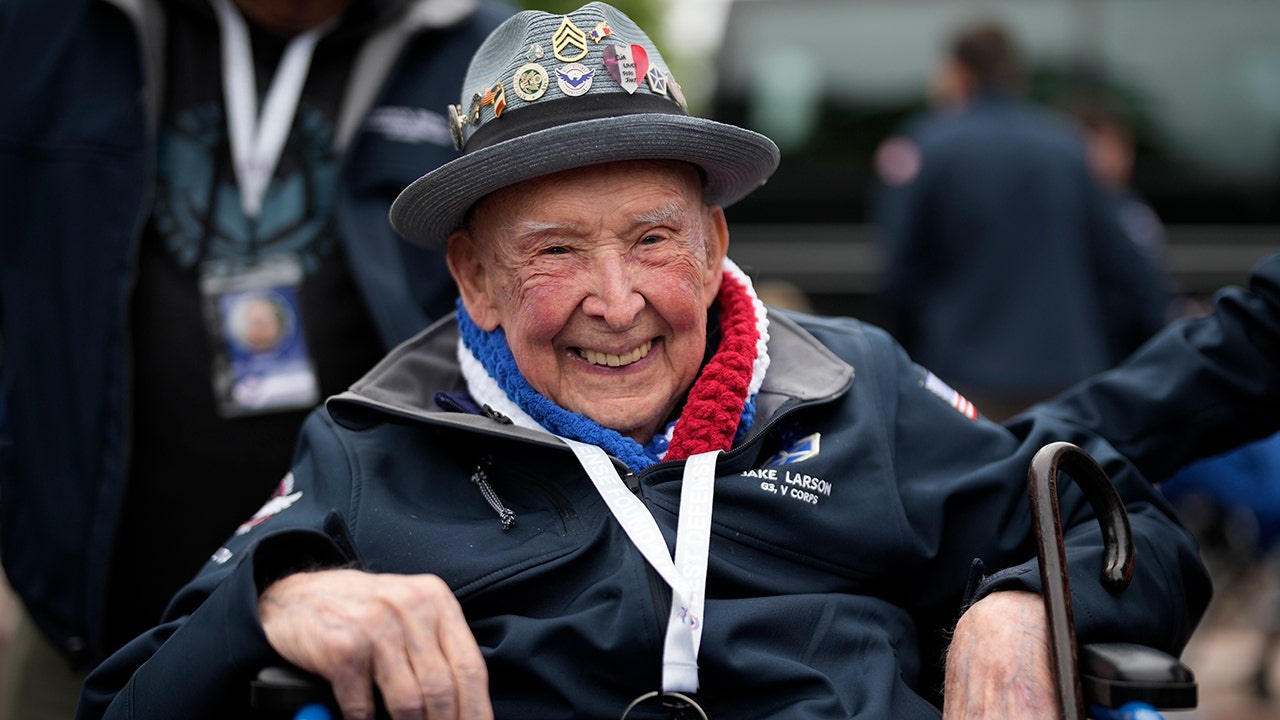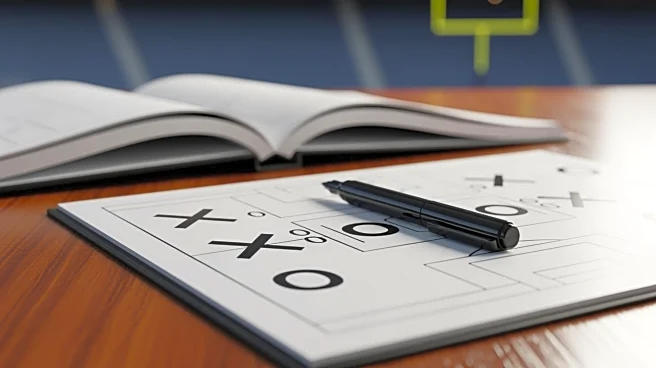Jake Larson, better known as "Papa Jake," has passed away at the age of 102, leaving behind a legacy marked by bravery and storytelling. As a World War II veteran, Larson played an essential role in the Normandy
Did You Know
The Eiffel Tower can be 15 cm taller during the summer due to thermal expansion.
?
AD
invasion and survived the harrowing experience of D-Day at Omaha Beach, where countless soldiers fought valiantly against formidable enemy forces. His life's journey reflected not only the resilience of his generation but also a commitment to sharing their stories for posterity.
In recent years, Larson's life took a turn as he embraced modern technology, captivating audiences on TikTok with his vibrant recollections of wartime experiences. With over 1.2 million followers, he transformed into a beloved social media figure who educated and engaged younger audiences about the realities of World War II. Through his videos, Larson commemorated the sacrifices of his fellow soldiers, infusing his narratives with warmth and a passionate focus on history that resonated deeply with viewers. His ability to connect the past with the present made him a cherished educator and storyteller in the digital landscape.
The news of Larson's passing was shared by his granddaughter, who expressed profound grief over the loss of a cherished family member. As tributes poured in from various news outlets, it became evident that Larson's influence transcended generations. He not only served his country with valor but also forged connections through his storytelling, ensuring that his experiences and the sacrifices of his comrades would not be forgotten. In an era where history can easily fade, "Papa Jake" will be remembered as a bridge between the past and the present, inspiring countless individuals to honor and remember those who served.
Q&A (Auto-generated by AI)
What was Jake Larson's role in D-Day?
Jake Larson was a D-Day veteran who participated in the Normandy invasion during World War II. Specifically, he survived the intense combat at Omaha Beach, one of the most significant and deadly battles on June 6, 1944. His experiences during this pivotal moment in history contributed to his later role as a storyteller, sharing his memories of the war to educate and commemorate both his fellow soldiers and the sacrifices made during the conflict.
How did Larson gain popularity on TikTok?
Larson gained popularity on TikTok by sharing engaging and heartfelt stories from his experiences during World War II. Known as 'Papa Jake,' he attracted over 1.2 million followers by creating content that resonated with younger audiences, often using humor and personal anecdotes to connect with them. His ability to bridge generational gaps through social media allowed him to bring attention to the history and sacrifices of veterans.
What stories did Larson share on social media?
On social media, Jake Larson shared a variety of stories that reflected his experiences during World War II, particularly focusing on his time as a soldier during the D-Day invasion. He recounted tales of camaraderie, bravery, and the harsh realities of war, often highlighting the valor of his fallen comrades. His storytelling aimed to educate younger generations about the importance of remembering history and honoring those who served.
What impact did TikTok have on veterans' stories?
TikTok has significantly impacted how veterans share their stories, providing a platform for them to reach broader audiences. This social media outlet allows veterans to present their narratives in engaging formats, utilizing short videos to convey powerful messages. By connecting with younger audiences, veterans can foster a greater understanding of military history and the sacrifices made, helping to ensure that their experiences are not forgotten.
How has social media changed veteran narratives?
Social media has transformed veteran narratives by allowing veterans to bypass traditional media channels and share their stories directly with the public. Platforms like TikTok, Instagram, and Facebook enable them to present their experiences in relatable ways, often using humor or personal reflections. This shift has helped humanize veterans, encouraging empathy and understanding while fostering community support and engagement around military history.















